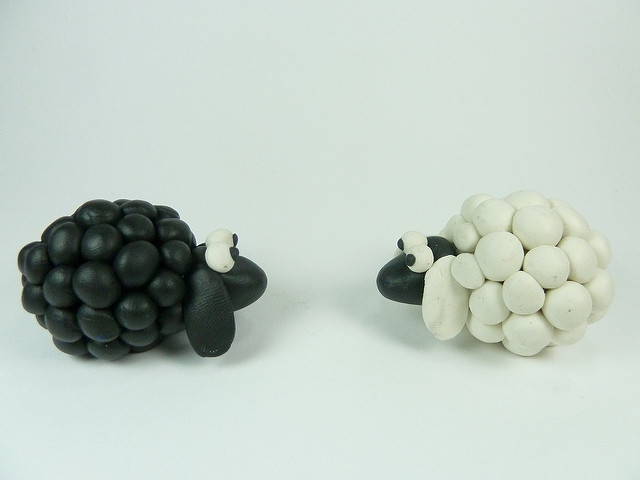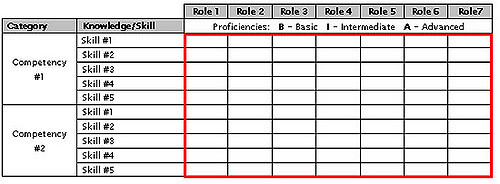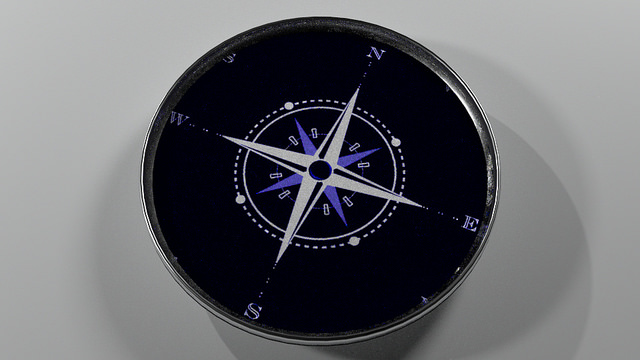blog
My article on neuroscience, gender and performance, published in ‘Coaching at Work’ Nov/Dec 2016, distils learning from a recent workshop I facilitated. Academic neuroscientist and coach Dr Geoff Bird presented up-to-the-minute findings from neuroscience which challenged some established ideas on the connection between gender and performance – and participants considered the impact for their work as coaches, consultants, mediators and sales professionals.
Male and female brains aren’t, after all, as different as we’re used to thinking – and this in turn challenges the validity of gender bias. In reality, it’s nurture rather than nature that accounts for many of the gender differences we observe in the workplace. Many of our attitudes to the connection between gender and performance come from learned associations and embedded (but unjustified) beliefs rather than reality.
One of the exceptions to these challenges is that females do indeed appear to have higher emotional intelligence than males.
If you’d like to see the article, it’s available here if you’re a subscriber to Coaching at Work – or e-mail me at lw@lindsaywittenberg.co.uk for a pdf
Photo by Leon Riskin via Compfight
Neuroscience of gender and performance
In a recent article in 'Coaching at Work' I distil learning from a workshop on the Neuroscience of Gender and Performance. Nurture rather than nature accounts for many of the gender differences we observe in the workplace: male and female brains aren't as different as we're used to thinking.
Read more »'What lies beyond': my latest article in Coaching at Work
Attending the cremation of a previous client, and being surrounded by dozens of people who had been part of his life, made me realise that in a coaching relationship I hear and see only a tiny window on the client: their stories reflect just a fraction of who they are - and if I am to deliver real value in my coaching, I need to go far beyond the constraints of the coaching objectives to a deep understanding of who the client is, and can be, in their contexts and systems.
Read more »Self-leadership
Unless we know how to lead ourselves, we can’t expect to be effective leaders of others - and self-coaching engenders a capacity for self-leadership as a pre-condition for leading others. High-quality leadership isn’t a check-list: it’s a question of how the leader brings the essence of themselves to their role, and for this, leaders need to courageously examine their own practices and thinking, and to build their self-awareness, self-understanding, and awareness of how the systems of relationships and influences around them work, and how they impact on each other.
Read more »Making an impact - through self- and system-awareness
Creating an impact that is authentic - and therefore compelling and lasting - means going beyond the tools and techniques for managing body language, creating rapport and getting 'in the zone' for a presentation. The individual needs to be at ease with themselves through a high level of self-awareness and centredness, and a comprehensive clarity about their relationship to the systems they move within.
Read more »Post-truth leadership
We are witnessing the rise of post-truth politics: a culture in which statements are framed largely by appeals to emotion, completely disconnected from the political facts, and in which factual rebuttals in discussion are ignored. Are we also seeing the rise of post-truth leadership?
Read more »'Everything has changed': my latest article in Coaching at Work
My latest article explores what leadership needs to be in the light of the shock Brexit referendum result - and what will now change about my coaching during this period of uncertainty
Read more »Wilful blindness, belonging and exclusion
Wilful blindness - the blinding of oneself to uncomfortable facts - comes from fear of conflict and fear of change. A powerful, unconscious impulse to obey, conform, and preserve our sense of belonging, means that we favour information that makes us feel good about ourselves, and that makes us feel comfortable and more certain. However, it actually leaves us crippled, vulnerable and powerless. Without challenging our belonging, the chances of growth, progress and anchored, sustained change are diminished.
Read more »Coaching qualifications and accreditations: a new angle
Knowledge and experience alone may have little or nothing to do with what makes for an excellent coach – and yet until now many of the principles underlying coach assessment have been about competencies. Tatiana Bachkirova and Carmelina Lawton-Smith (2015), of Oxford Brookes University, argue that the complexity and unpredictability of coaching may need a new model, and they propose a capabilities approach rather than a competencies approach.
Read more »#hellomynameis: Courage, passion and pioneering
Consultant geriatrician Kate Granger, who set up, and became the force behind, the campaign #hellomynameis, has died of terminal cancer aged 34. Passionate about person-centred, compassionate care, she was a leader by virtue of her passion, commitment, courage and determination to reach as many people as she could in service of a message which she believed would create a better quality of medical professional by releasing more of their inherent humanity.
Read more »'Compass or straitjacket': my new article in Coaching at Work
My latest article to be published in Coaching at Work magazine looks at how a coaching client's lack of clarity in the contracting process may be problematic at the beginning of a coaching programme. However measurables often surface during the coaching relationship.
Read more »











